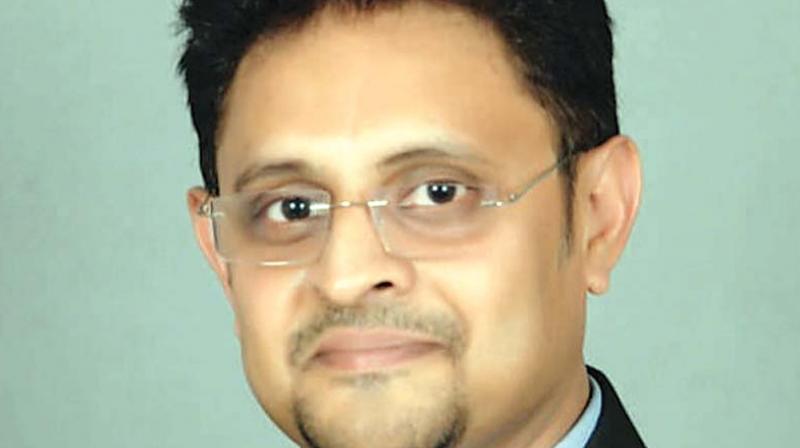Krishnagiri: Teachers need to look at sensory disorder kids, says Venkata Rayudu

Krishnagiri: “The awareness of child development disorders in India is 20 years behind that in the US. Teachers and parents need to be educated about children on such issues,” Dr Venkata Rayudu Venigalla told ‘Deccan Chronicle’.
Venkata, who was in UK and USA following his PhD in “Education leadership and institutions”, is now CEO of ‘AVS global school’ in Arasakuppam village, near Denkannikottai of Krishnagiri district and is currently here.
Speaking about the ‘young scientist development programme’ of his school for children studying in classes six to ten, he said his school administration was also ready to take poor students and give them free education if they qualify in the entrance test conducted by AVS global school.
Expressing concern for children with the ‘Sensory processing disorder (SPD)’, he said, “our schools teachers and parents need awareness of the SPD issue in children that was mistaken by them as autism.”
The educationist explained, “besides five senses (sight, smell, hearing, taste and touch) we are familiar with, there are two more senses (Proprioception and vestibular).”
Those having trouble with these two senses may appear uncoordinated, clumsy or afraid of certain physical activity. Such children will also have problem in organising information which the brain receives from the senses.
Having these sensory issues will also affect the motor skills in several ways like difficulty in touching things, reluctant to play with and manipulate objects, he said. They may also exaggerate their movements to get information they need from the environment.
“There are lots of ways for such children by weaning them into activities which will allow them to use both their arms and legs at the same time. These include a home obstacle course, showing him or her to do push-up exercise or just having him help rake leaves and carry small objects,” he said.
“The point is to give your children the sensory input. It will help them to feel more stable and focused. Over time, the kids themselves will figure out their own strategies to work around their weakness,” added Dr Venkata. He felt teachers will respond.

